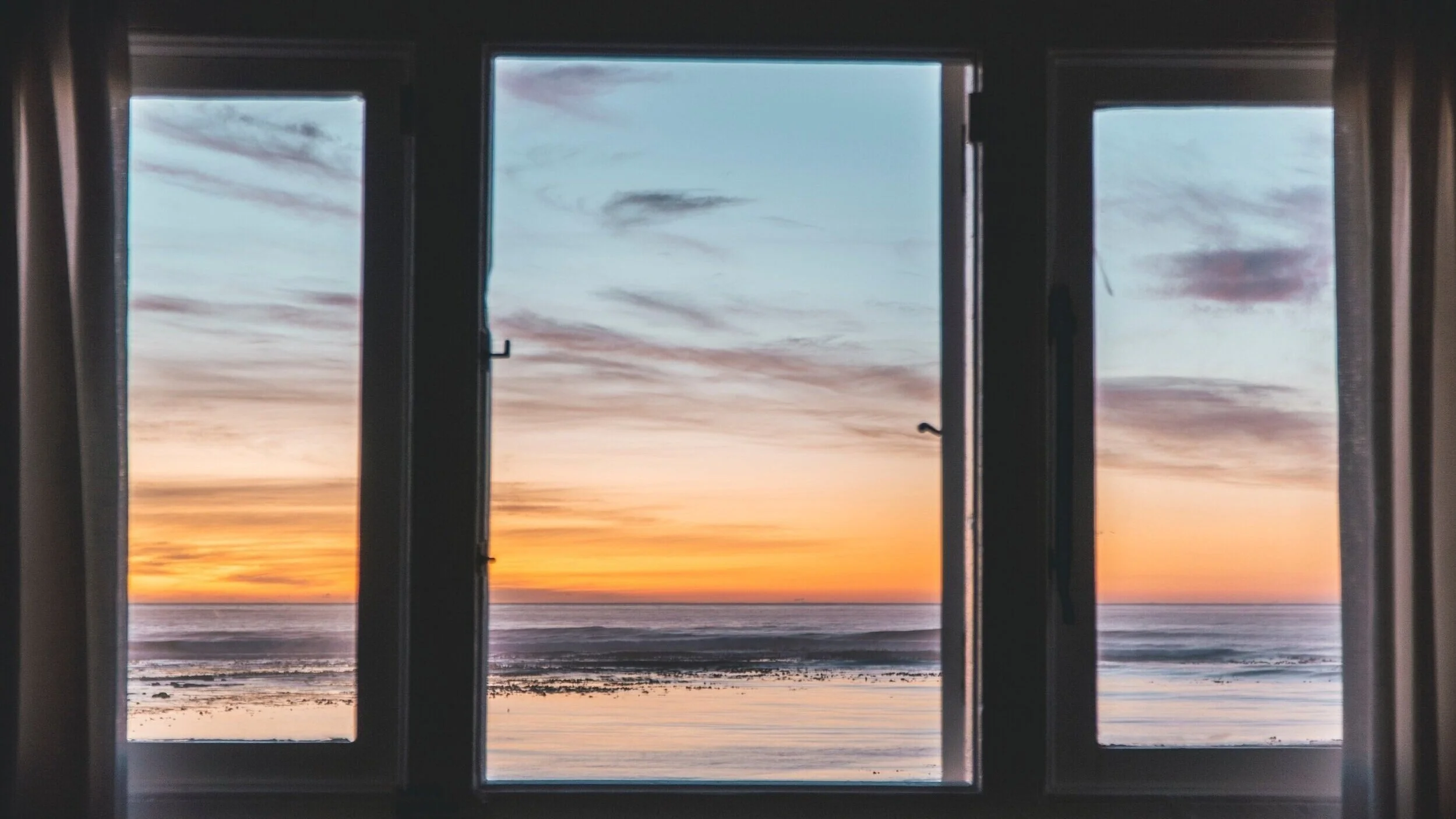A Window Into Our Future World
We’ve all become attuned to the rhetoric that climate change will have adverse effects on future generations. We’re so often reminded of how the decisions we make now can affect the livelihood of our posterity. But we don’t actually need a time machine to see climate change in action -- we just need a window.
The West Coast wildfires have ravaged the region for the past few weeks, causing devastating damage and loss. The images of smoke-filled cities and burning red suns, however, are not isolated to just the American West Coast. On the other side of the Pacific lies Australia, which experienced one of its most destructive bushfires earlier this year -- it’s ‘Black Summer’ in many ways a forewarning of the ever-growing intensity of wildfires around the world.
Occurring, of course, in tandem with these fires is a global pandemic that has displaced every notion of normalcy, and instead replaced it with a constant sense of urgency. With populations trying to battle a respiratory virus that has led to public health and socioeconomic insecurity, the onset of these wildfires has exacerbated issues even further.
For example, during a few short weeks of wildfires, we’ve seen air qualities rise to over 200 on the Air Quality Index, a level deemed “very unhealthy” for everyone. With strong caution already placed on respiratory and lung health in the face of this pandemic, the wildfires, induced by climate change, are making our healthcare crisis even more detrimental -- we live in a state of wariness where our safety is subscribed to the very air that we breathe.
The simultaneous nature of both crises poses an immediate threat to our society -- we’re witnessing first hand the interconnectedness of public health and socioeconomic safety with climate change. We’re seeing how the various challenges of our world bleed into each other, highlighting a desperate need for action from various standpoints, including a business one.
Take a look out your window at the current state of this world; we already have a glimpse of what a future without environmental action will entail. Physical landscapes will not be the only things altered -- the wellbeing of our populations will be drastically changed, and most likely for the worse. We don’t need to imagine what climate change will do -- the earth is already showing us.
Learn about our affordable carbon footprint solutions for small and medium-sized businesses
Book a free strategy session to discuss your climate goals with a sustainability manager.
About RyeStrategy
Based in Seattle, RyeStrategy is a CDP-accredited, mission-oriented company specialized in carbon accounting, mitigation coaching, and climate disclosure solutions for organizations at any point in their sustainability journey. Learn how RyeStrategy helped Salesforce, Ideascale, and Wazoku achieve their sustainability goals.
From exhaustive carbon footprinting and mitigation coaching, to setting science-based targets and reporting climate data to CDP, SBTi or custom reporting platforms, RyeStrategy acts as a hands-on extension of the team, custom-tailoring services to fulfill climate disclosure requirements easily and accurately.
Meet with a sustainability specialist to learn more about RyeStrategy solutions.

